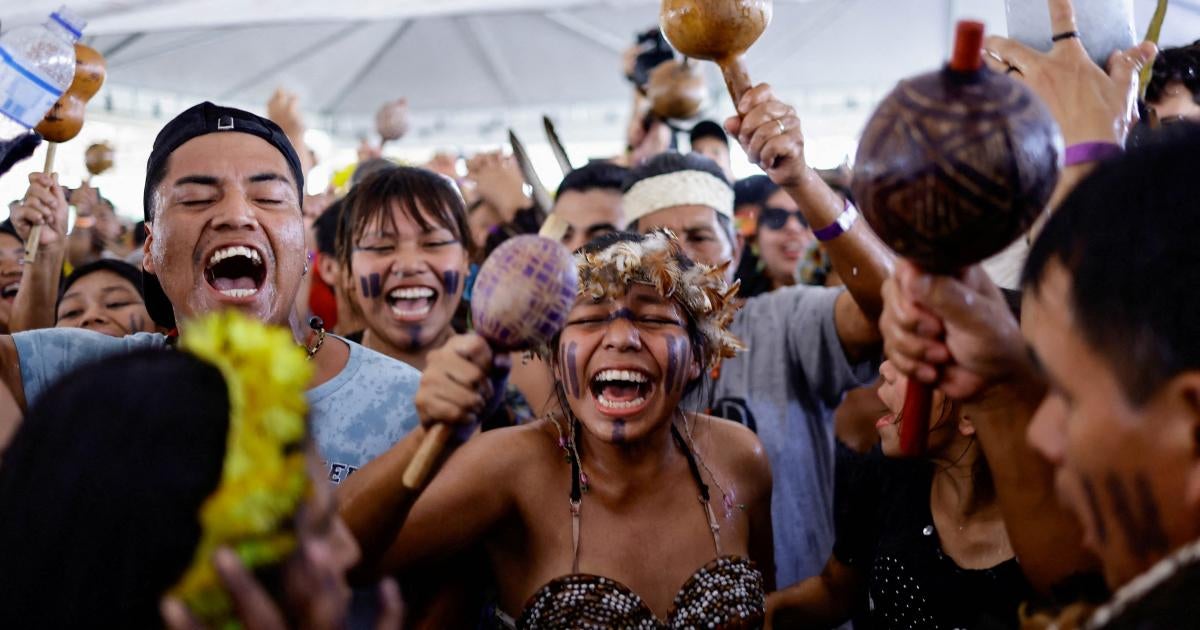On September 21, Brazil’s Supreme Court upheld Indigenous peoples’ rights to their traditional lands by ruling against the so-called cutoff date, a legal argument that Indigenous peoples should not obtain title of their ancestral territories if they were not physically present on them on October 5, 1988, the day Brazil’s current Constitution was adopted.
Following the decision, Indigenous people across Brazil celebrated what they have called “the ruling of the century.” It is also of major significance for the global climate, as demarcating Indigenous territories has been repeatedly demonstrated to be one of the most effective barriers against deforestation in the Amazon.
The case, which had been on the Supreme Court’s docket for years, stems from a dispute in which Santa Catarina state used the cutoff date argument to challenge lands claimed by the Xokleng Indigenous people. Even before deciding on the merits, the Court determined that its ruling on this case would be applicable to similar cases across Brazil.
Indigenous people from around the country travelled year after year to Brasilia from remote locations, to call on judges and lawmakers to respect their rights. This ruling will strengthen their tenacious fight to preserve the environment and their way of life, which depends significantly on the land.
The ruling brings immense relief to Indigenous people. If upheld, the arbitrary cutoff date would have made the titling of Indigenous territories impossible for communities who were expelled from their land before 1988 and could not prove they were involved in an ongoing dispute over their claim back then.
However, the rural caucus in Congress, which is tightly linked to agribusiness, also introduced an initiative that would enshrine the cut off date thesis in legislation. The fate of that proposal remains to be seen.
The court’s decision is consistent with precedent from the Inter-American Court of Human Rights, which has recognized the right of Indigenous peoples to their land and said that right continues as long as their “material, cultural, or spiritual connection” with the land persists.
The administration of President Lula da Silva should respond to the ruling by speeding up titling of Indigenous territories, some of which have been pending for decades, and ensuring accountability for violence and threats against Indigenous defenders who speak up for their communities’ land rights.



